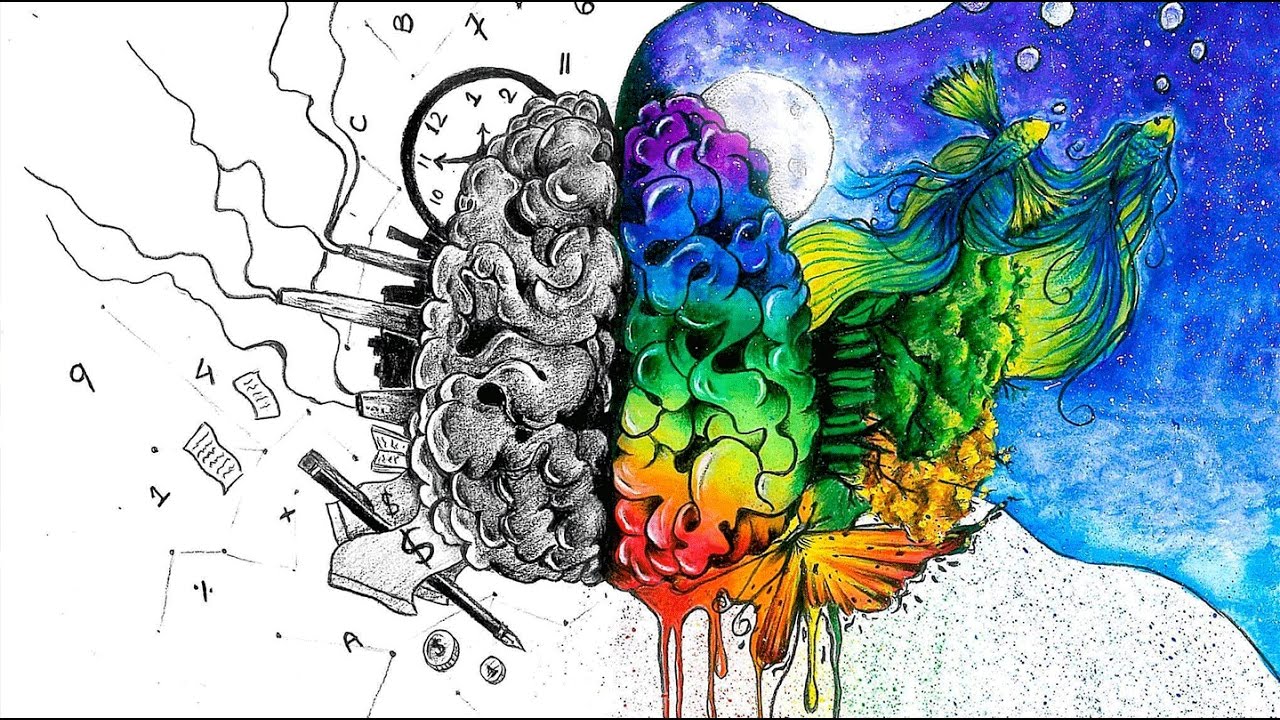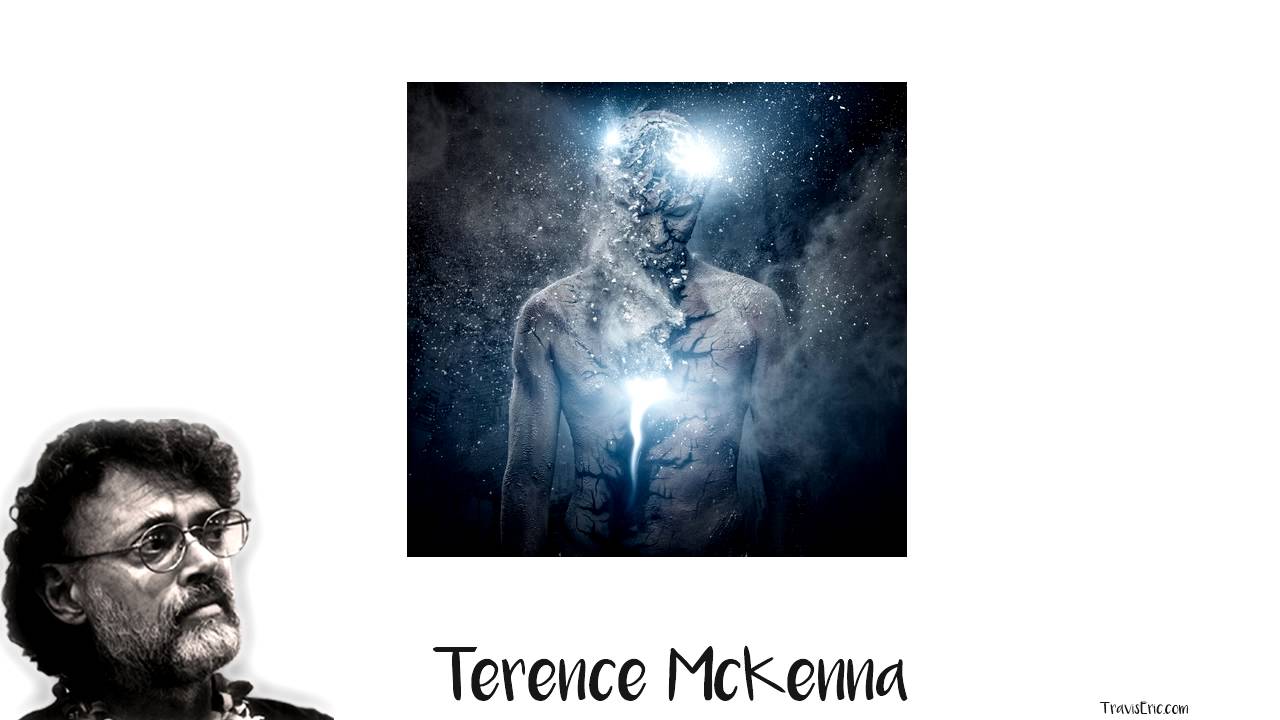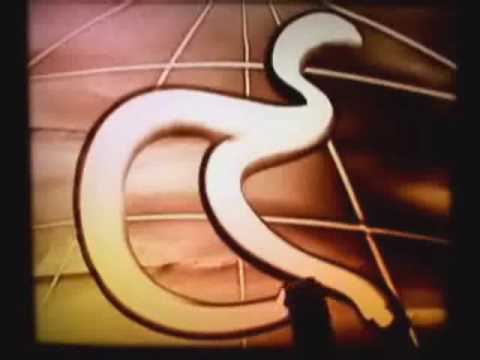This is a new style of video I’m testing. This video discusses the myth of the left brain vs the right brain and the characteristics associated with it. Leave a comment below if you liked it, if you want more, or if you liked it and don’t want more!
Script written by: Madison Kate Stafford
Painter: Nadir Chen Siddiqui
Image: https://imgur.com/a/OA2xu
Insta: https://www.instagram.com/practical_psych/
Twitter: https://twitter.com/practical_psych
Facebook: https://www.facebook.com/practicalpsych
A well-known term among psychologists, scientists, and even modern culture is “left-” and “right-“ brain. You may have heard one of these terms yourself, as a means of someone else describing you. Maybe someone remarked upon your amazing math skills, telling you how you’re a left-brain thinker; or maybe you painted an awe-inspiring picture, and someone remarked upon your right-brain thinking talents. You may have even taken a test to determine which brain hemisphere you’re more oriented to, if you’ve stumbled upon this topic on your own.
So, what do the terms ‘left-brain’ and ‘right-brain’ mean?
Often times, ‘left-brained’ is a term used to describe logical, analytical, and calculating individuals; for example, scientists, mathematicians, lawyers, accountants, and most people who work with technology are all people who could be considered “left-brained”. On the other hand (or hemisphere), ‘right-brained’ is often used to describe creative, intuitive, and emotionally-based people; for example, artists, psychologists, graphic and interior designers, song-writers, as well as art therapists. “Left” and “right” brain are both phrases used for labeling, but also for scientific purposes. Scientists and neuropsychologists alike have studied the two hemispheres of the brain for over five decades; with the pioneer of the study, Roger Wolcott Sperry, being given a Nobel Prize in 1981 for his work with split-brain research. Nobelprize.org summarizes Sperry’s work as, “…One way [Sperry] studied these functions was by examining patients whose hemisphere-connecting nerves had been severed to alleviate serious epilepsy. By the 1960s, he could reveal that the left hemisphere is more geared toward abstract and analytical thought, calculation, and linguistic ability, while the right hemisphere is more important for comprehending spatial patterns and complex sounds like music.”
If left-brained thinking is considered digital thinking, focusing on topics such as calculation and analysis of the world; and right-brained thinking is considered analog thinking, focusing on topics such as art and creativity, you might be wondering if it’s possible for a person to be both left-brain and right-brain thinkers, or mentally ambidextrous. You might think you’re mentally ambidextrous yourself, neither 100% left-brained, nor 100% right-brained. If so, don’t worry, there is such a thing as mental ambidexterity. In fact, most successful and innovative people practice using both their left and right brain hemispheres.
So maybe rather than a person’s characteristics being categorized into their dominant brain hemisphere, this can now be seen simply as their personality traits. It is more likely than not that individuals are merely more logic-oriented or creativity-focused, rather than using one hemisphere of their brain only. This evidence can also be found in taking a look at a brain hemisphere model chart; some (and most) people possess a mixture of the traits, characteristics, and skills listed on left and right brain charts. It is very rare, and often fictional, to find a person who completely fits into one category of a brain hemisphere. Some people are talented at math, but also very good at creating artistic pieces. Other people are very analytical, but can also use their imagination to varying extents. Cheri Cheng at counselheal.com confirms this idea, writing, “Everyone should understand the personality types associated with the terminology ‘left-brained’ and ‘right-brained’ and how they relate to him or her personally; however, we just don’t see patterns where the whole left-brain network is more connected or the whole right-brain network is more connected in some people. It may be that personality types have nothing to do with one hemisphere being more active, stronger, or more connected,” said researcher Jared Nielsen.”
The general verdict is this: in the 1960’s, Sperry’s research may have been (and most likely was) true. However, in modern times, the idea of left and right brain thinking has been debunked. It is now more a matter of opinion, and what you wish to believe. The fact of the matter is; science, neuroscience, and psychology as a whole are consistently coming up with new ideas, facts, and information. Scientifically, what may be true today, could be proven incorrect tomorrow.
Check out MY Passive Income Ebook: http://bit.ly/PsychologyIncome
Practical Psychology
Source



My left to right ratio on tests is randomly even
The music has it's purpose.
Dang, that is an awesome piece of art!!!
wow..just wow
I absolutely LOVED this video. I'm extremely passionate about art – my life goal is to be a full-time artist and I already am such – and at the same time I'm fascinated by science, psychology in particular. This video speaks to both sides to me, and it was perfectly executed and the artwork was stunning. I'm very, very glad I watched this video. My favourite Practical Psychology video I've seen so far, which is saying a lot.
studies prove that dyslexics use the right hemisphere of their brain more than the left when doing maths a lot use the right side of there brain instead of the left also it more active than the left in a general sence.
loved the art
I'm good at math and art :l
Amazing video
I honestly barely paid attention to what was being said lol, I was so captivated by how amazing you are at art!! I'm obsessed with this drawing/painting ?
Great drawing and I still loved the video, even though the artwork really distracted me from the story you were telling. In that way, the old animation worked better. However, I'm curious to see what else you come up with!
The drawing is amazing, what I don't like about it are the chimneys, they look like drawn by a 4 year old and the smoke coming out of them could be better too. This is meant as constructive criticism. I'm not trolling
I just love all your videos man !! Extremely legendary all of them
"Scientifically, what may be true today, could be proven incorrect tomorrow." Then it's not true (factual) today. Truth (facts) is singular and absolute, understanding is what is fluid and changes. The world is not flat. That a bunch of ignorant Europeans thought so in the dark ages doesn't make it true then or for them. It's simply an incorrect belief.
Science has many incorrect beliefs (wrong assumptions) but through the scientific process those wrong assumptions are found out, corrected and our body of knowledge is updated to something closer to the truth. The truth again, being singular and absolute.
You don't sell that piece of art there, do you?
That is…a really nice drawing
Nice theme but for me the nice and also interesting painting distracts me from the topic
Try being a graphic designer with left brain with intj personality. Life is hard.
the problem is that the pen he is using is very light and even the camera angle. That's my feedback
secret tip… Learn to read with the right brain. Buy the book "Reading with Right Brain" on Amazon. You'll thank me later
Super cool video and great information.
So pretty ;-; I was so mesmerised by the drawing I completely forgot he was talking…
I like the old way better. The only problems with this one is that your head and arms went in and out of the frame and it was very distracting
you are a very good artist though
That picture needs to be a background wallpaper!
I'm both
fascinating art bro…
Practical, keep the old style, it's better and it will be little harded to get used to this 🙂 amazing video, ofc
Interesting. Beautiful painting.
So I can't be an artist 🙁
Im quality right braided who's like me reply and subscribe I'll subscribe back and maybe we could be friends
Thank you! I love getting confirmation for my suspicions! Just as Multiple Intelligences via Gardner rang true, so does this explanation!
i love it , i enjoyed watching the painting and didn't hear 90 % of the talk hhhhhh i guess that this explaind that i can hardly use both sides together :)- now i must listen without looking to get what you said. you are very good artist
Nice picture
What if you're Ambidextrous?
Please breathe. Too fast
You are reading too fast …
your art is fantastic!
Hi I would like some info about using your picture in my website for personal development?
I love how you did a voice over!!!
After few seconds the sound faded into the background and disappeared and I didn't hear anything he had to say.. my left side turned off?
I think I’m both I’m an artist and think like an artist but I’m super smart and in test always get more logical but when not in test I’m just a big kid
Thanks for sharing all this information. Also, the drawing is incredibly beautiful! Do you have a JPEG of it? I want to make it my background!
Truly love the zenith of epic adventures it showed
Artist name is Chen-k!!He is also a rapper.
I always use my left and right brain!!
I have mental dexterity